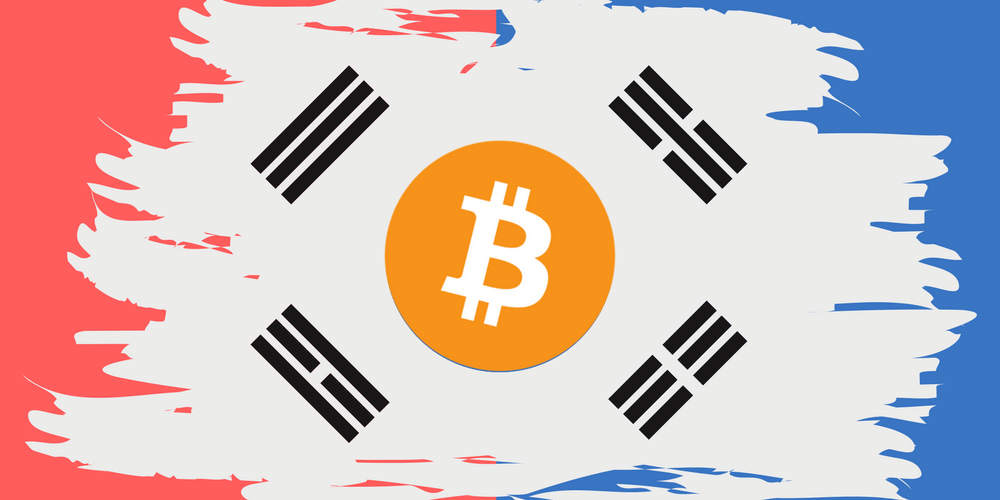
Woori Bank, the third largest commercial bank in South Korea behind Shinhan and Kookmin, is planning on closing down the existing accounts of cryptocurrency exchanges.
Last week, mainstream media outlet Hankyoreh reported that Woori Bank is planning to shut down services for the country’s 3 largest cryptocurrency exchanges: Bithumb, Korbit, and Coinone who account for almost $3 billion a day in cryptocurrency trades.
What Will Happen to Korean Cryptocurrency Exchanges?
South Korean cryptocurrency exchanges, traders, and investors are first required to allocate capital into virtual banking accounts provided by the trading platforms before investing in cryptocurrencies. For example, if a user moves a certain amount of money from a Woori Bank account to Bithumb, the Bithumb trading platform automatically issues a virtual bank account supported by Woori Bank to secure users funds.
Starting January, Woori Bank will no longer serve the top three exchanges in South Korea and will close down its virtual bank account services for the companies. Another major bank, South Korea’s Industrial Bank (IBK), which has been serving the three exchanges since 2016, will also stop accounts from being opened by the end of the year.
On December 13th, the South Korean government and their cryptocurrency task force formed by the South Korean Ministry of Strategy and Finance, Financial Services Commission, Ministry of Justice, Fair Trade Commission, and Financial Supervisory Commission, held an emergency meeting to discuss the future of the local cryptocurrency exchange market.
Various government agencies, financial authorities, and the central bank agreed to further regulate the space, even if that would validate and legitimize the cryptocurrency sector, which the government was hesitant to do due to the number of investors who’ve lost money on failing ICOs and Ponzi schemes during 2017.
On December 15th, the South Korean government announced that it had formally requested that local banks and financial institutions stopped underaged investors and foreigners from trading cryptocurrencies.
One of the four main regulatory frameworks introduced by the South Korean government read:
“Request banks and exchanges to ensure underaged investors and foreigners cannot open trading accounts on cryptocurrency exchanges.”
Can Korean Cryptocurrency Exchanges Still Operate?
Woori Bank and IBK are two of many commercial banks in the country who are able to handle the large demand presented by cryptocurrency exchanges.
Shinhan Bank, the largest commercial bank in South Korea has been keen on serving the cryptocurrency market since January of this year and recently announced that it is currently testing a cryptocurrency wallet and vault system which they intend to launch in 2018.
“Shinhan is testing a virtual bitcoin vault platform wherein the private keys of bitcoin addresses and wallets are managed and issued by the bank. The bank intends to provide the vault service for free and charge a fee for withdrawals,” a Shinhan representative told Naver.
If Woori Bank and IBK refuse to provide services to cryptocurrency exchanges, trading platforms like Korbit, Coinone, and Bithumb will simply move onto other banks such as Shinhan that will be willing to support businesses within the cryptocurrency market.

